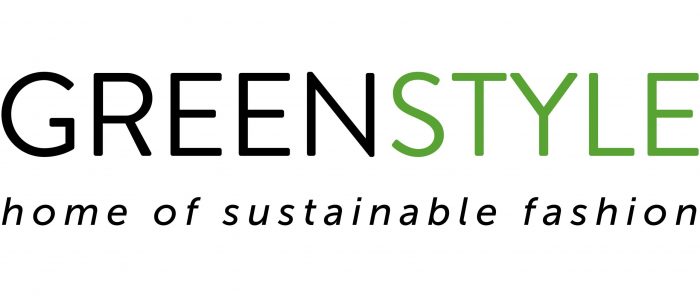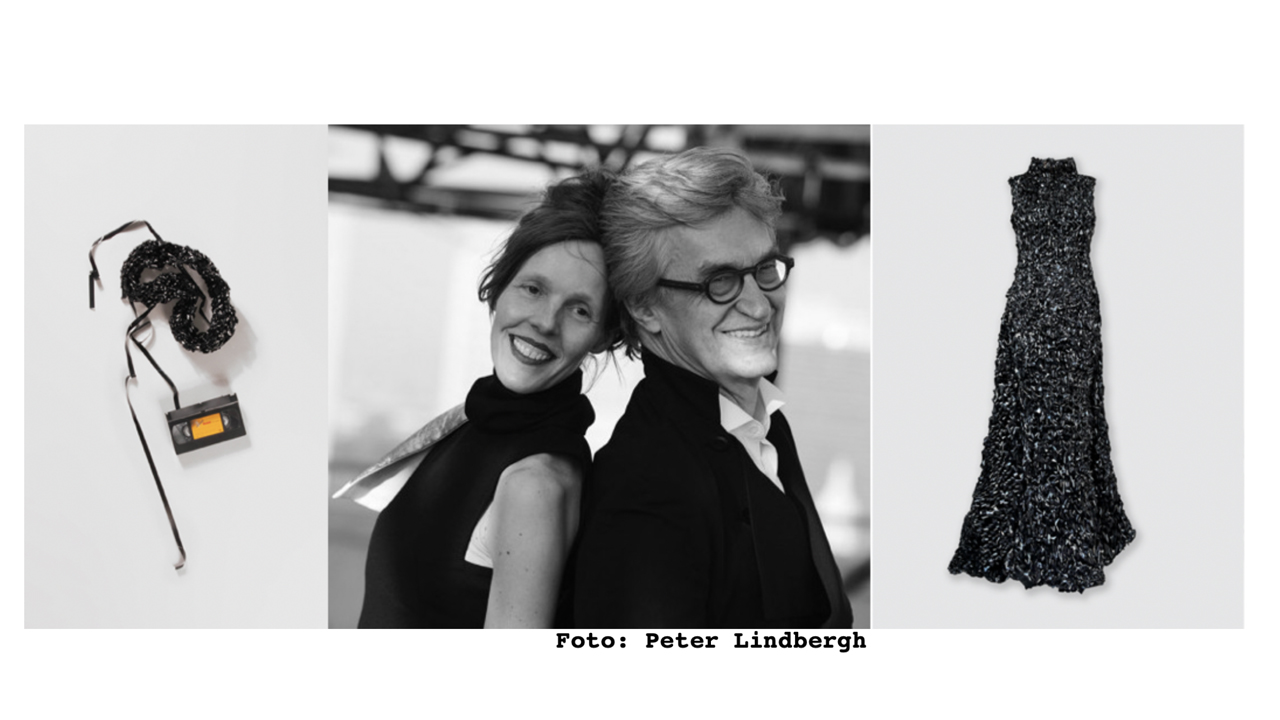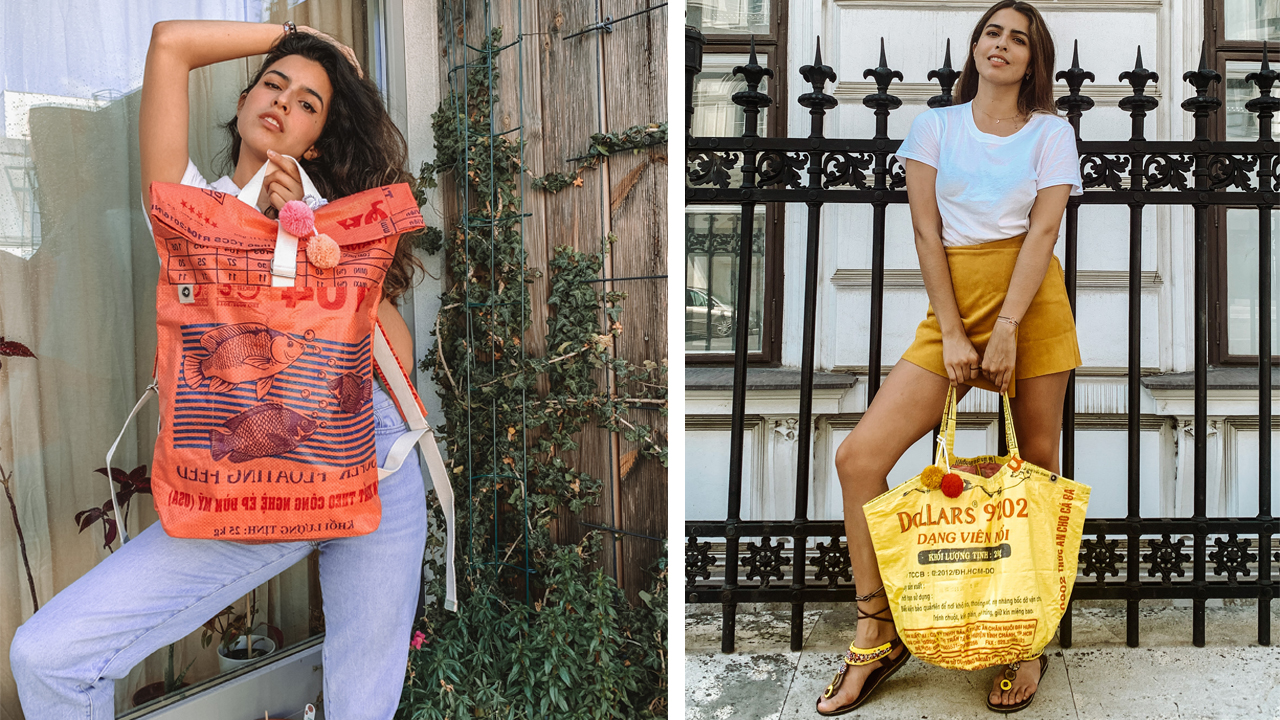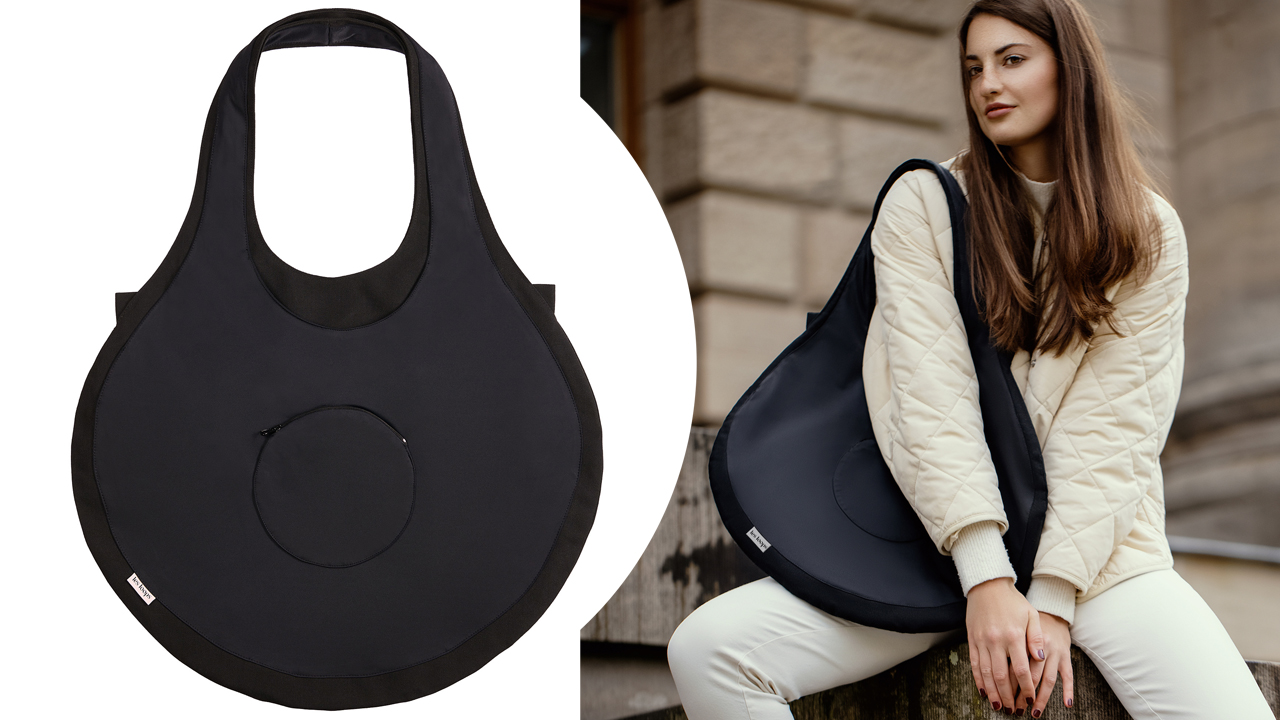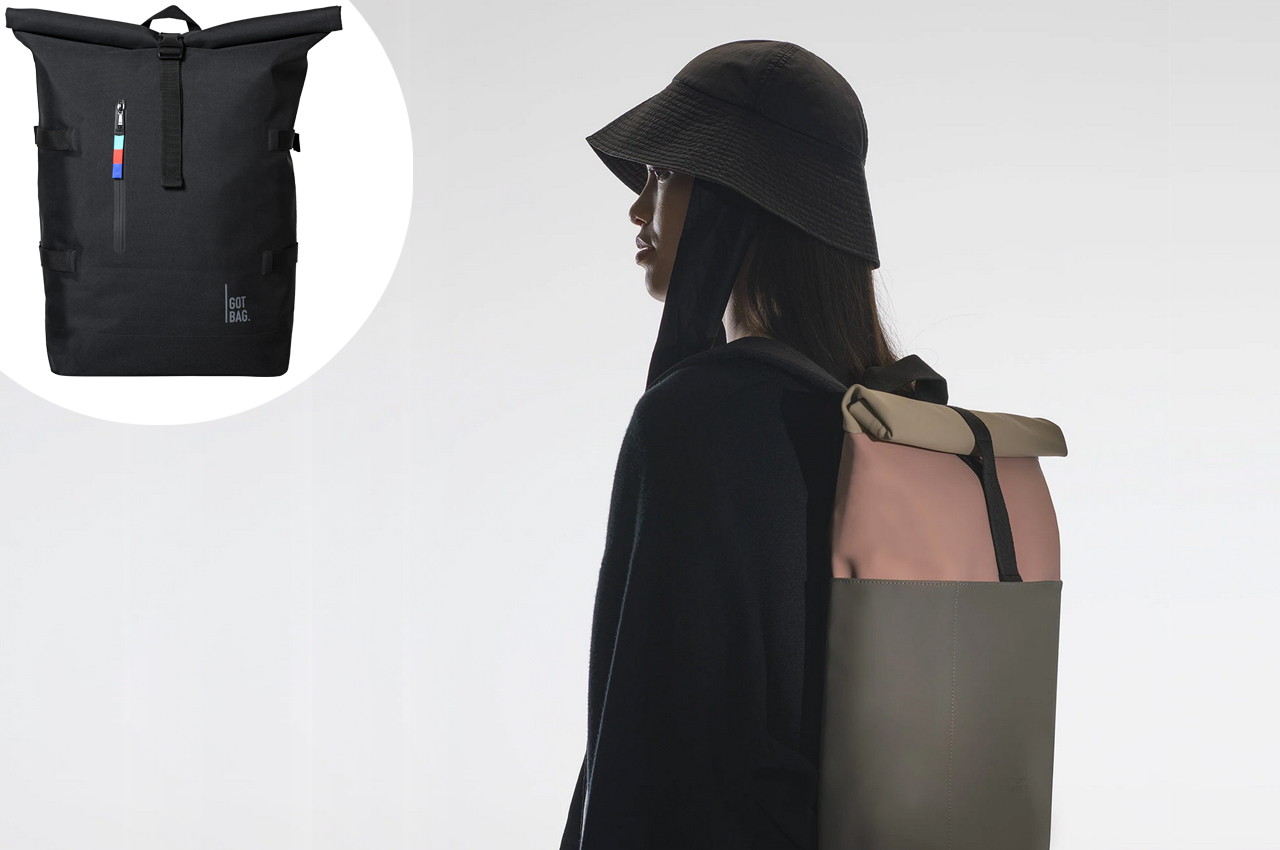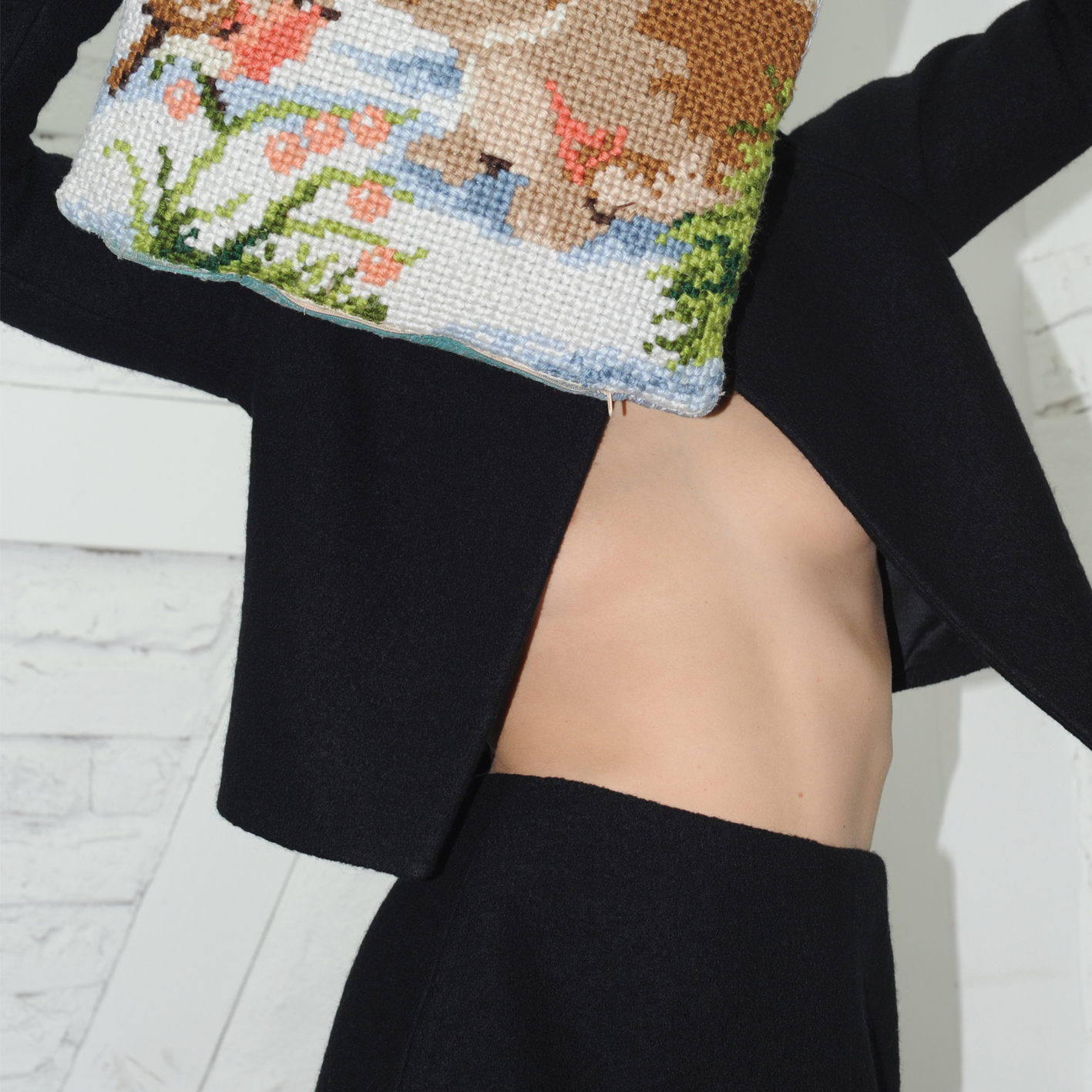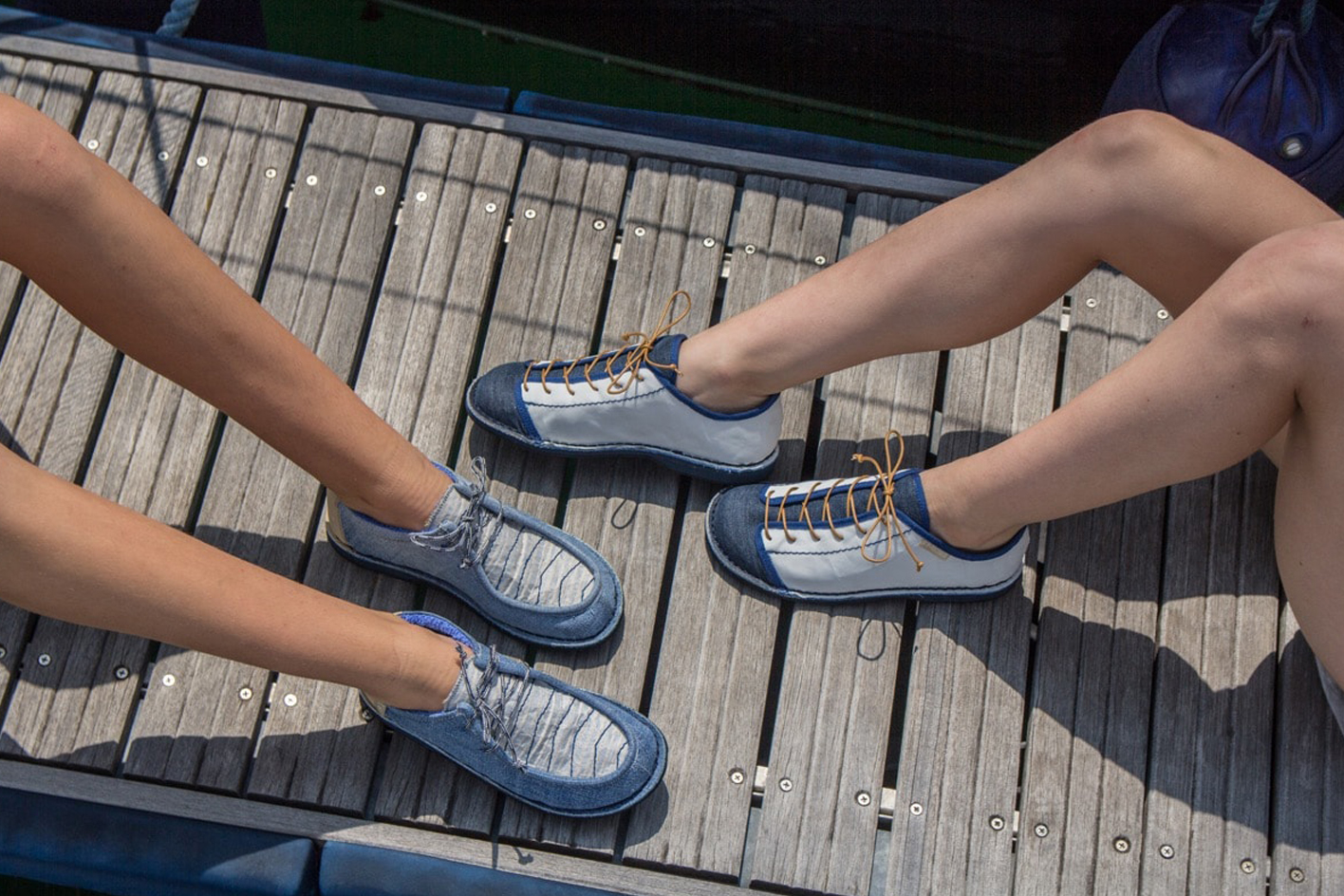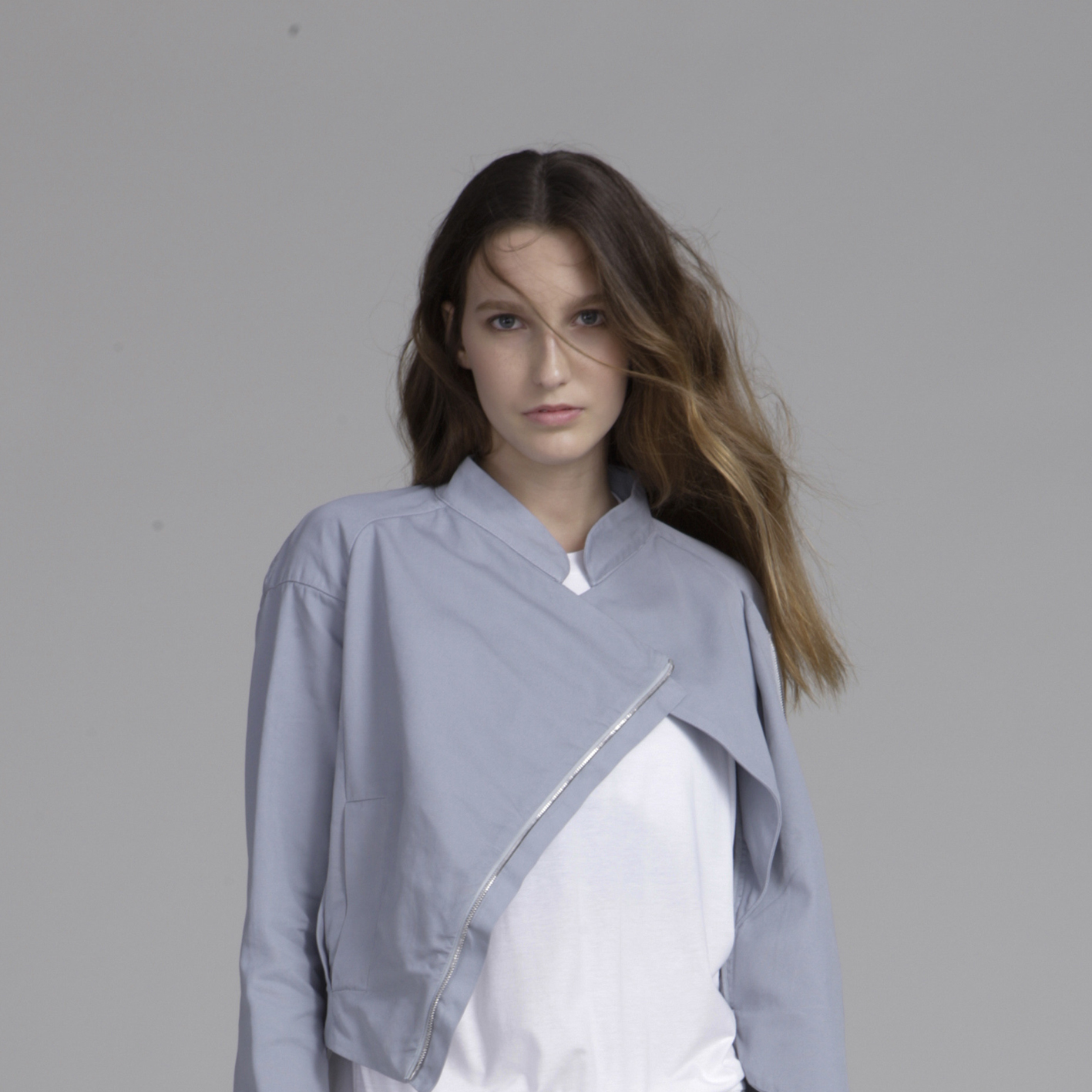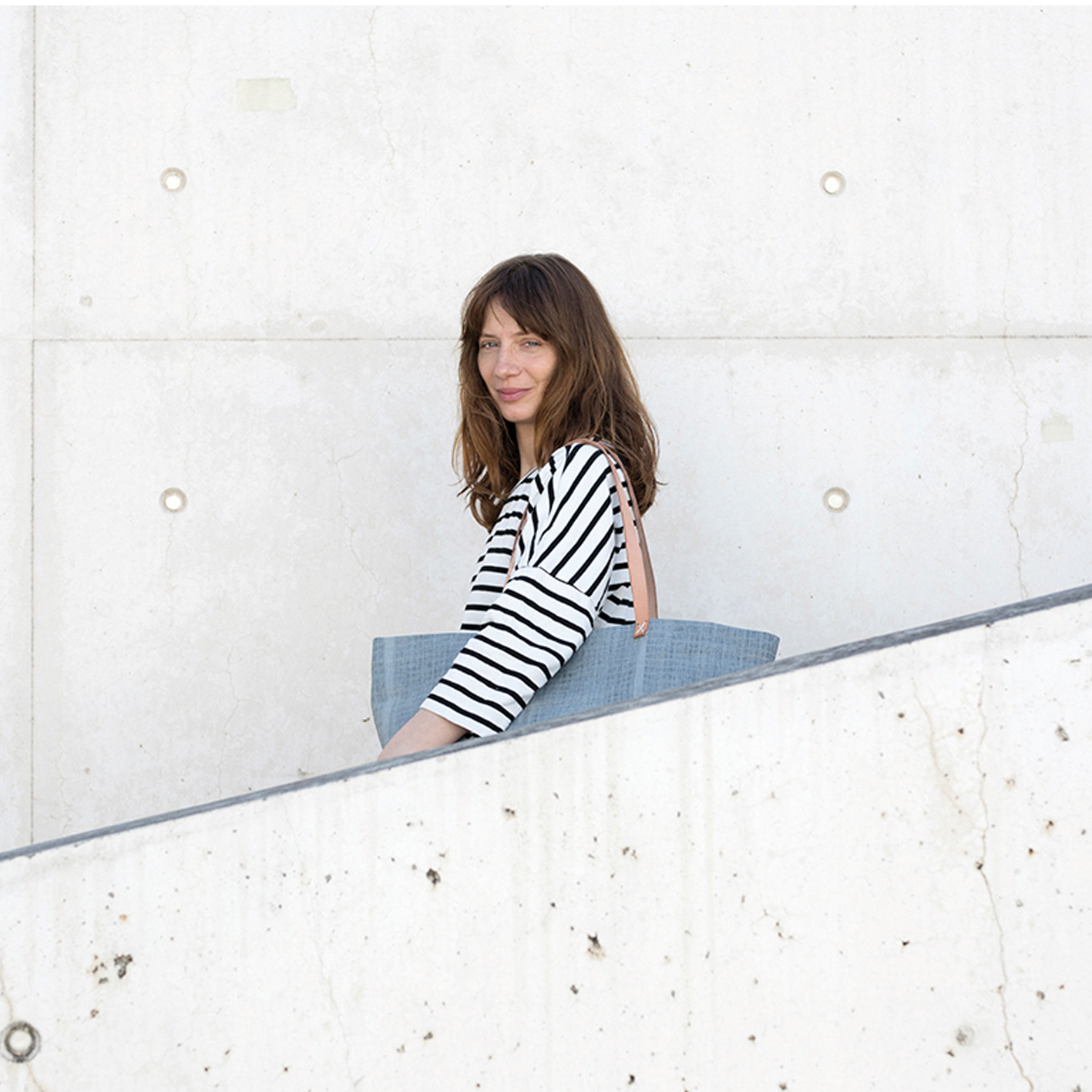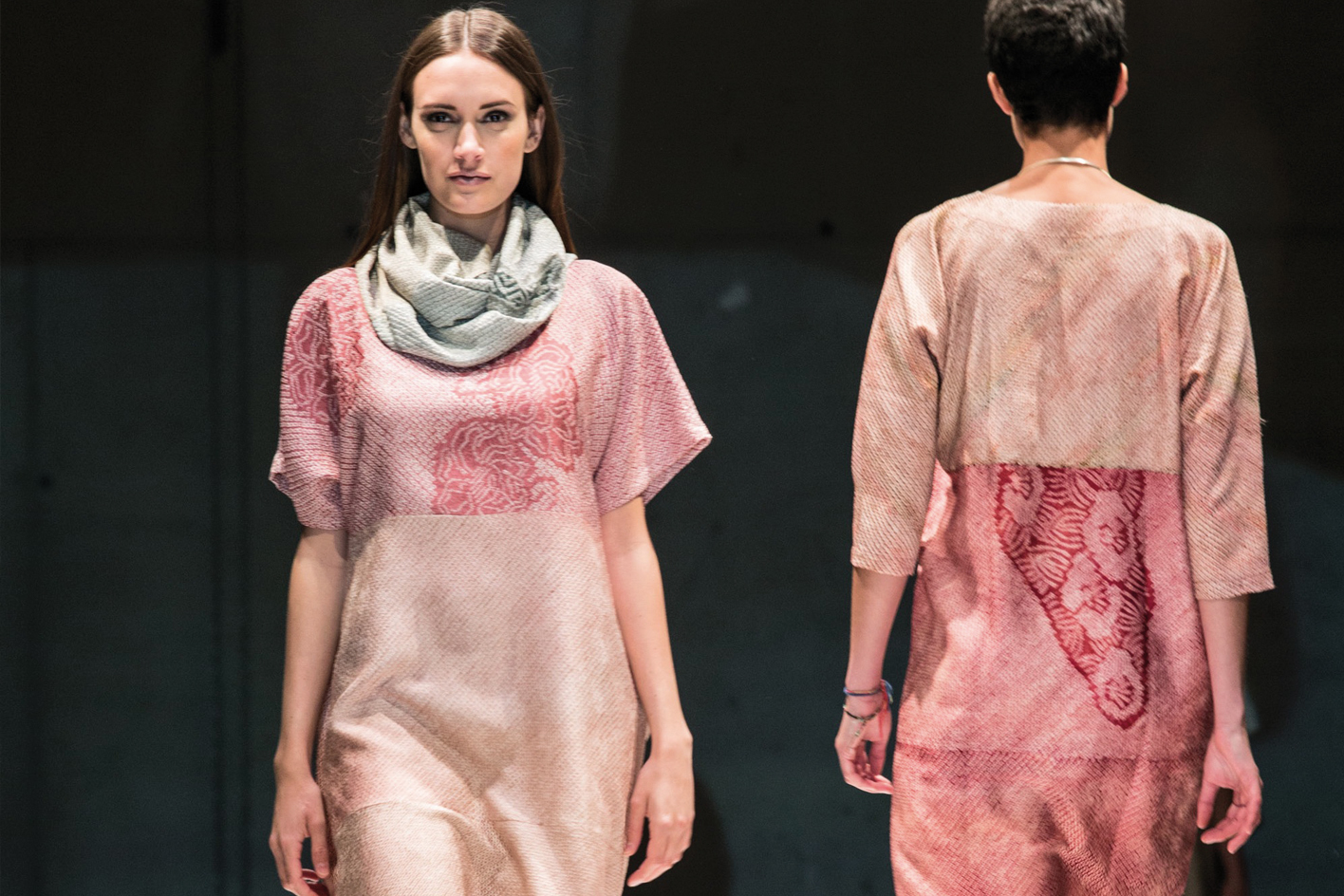While three German filmmakers (İlker Çatak, Wim Wenders and Sandra Hülser) are hoping for one or more Oscars, one of us has already been awarded an Oscar in advance. CRUBA founder and designer Mira von der Osten. For her cassette dress.
Continue readingREFISHED fair fashion – upcycling bags and accessories
Discarded flags, tarpaulins, event tents, cement and fish feed sacks – for her Viennese upcycling label REFISHED, founded in 2012, Sissi Vogler processes seemingly worthless “materials” into sustainable and iconic feel-good backpacks, weekenders, bumbags, laptop sleeves…
Continue readingles loops – pretty round thing
Christine Purnell founded her Munich accessories label les loops under the motto ‘second loop – second life’. It was clear to her from the start that the focus should be not only on the design, but also on the choice of materials. Since 2021 she has therefore been producing her circular shopper bags from resource-saving materials in order to keep plastic waste, old carpets etc. in the cycle for longer.
Continue readingPeru Natural – upcycled in Bavaria
Germany imports over a million tons of coffee every year – the number of coffee sacks that have served their actual purpose after the beans have been transferred is correspondingly high. Instead of disposing of them, Roxana Diaz with her label Peru Natural is giving as many sacks as possible a new life as casual shopping bags with colorful prints.
Continue readingFair Couture – Bags & Backpacks
Actually, Ben Bracher wanted to found a fair fashion label. Instead of bringing another brand onto the market, the Munich-based maker has been running his online shop Fair Couture since 2016, with which he gives exciting bag and backpack brands more visibility.
Continue readingCHANGING THE FASHION GAME
© DAWN denim by Marlen Müller, Alexander Koerner, Getty Images for MBFW, nat-2
From rose viscose to circularity – the sustainable fashion scene speaks (not only!) About these trends and brands
Sustainable fashion largely foregoes trends – at least optical ones. It is less about “Brown is the new black” or “Welcome back Flowers” & Co. Circular economy, up, down, recycling and innovative materials for a responsible fashion future are the topics in the sustainable fashion scene turns. Changing the fashion game
The range of eco-fairly produced fashion has never been as large as it is today – on the runways from Berlin to Milan, at the Big Bang Awards from Amfar to Oscar around the world as well as at the conventional fashion fairs in Berlin. In addition to NEONYT (Messe Frankfurt), the world’s largest trade fair for sustainable fashion, which was founded by Magdalena Schaffrin eleven years ago and has long since anchored sustainability in its DNA, conventional trade fairs have now also discovered the contemporary theme for themselves different formats on the agenda.
Sustainable fashion has come to stay.
What was announced in January 2019 has continued consistently: Because sustainable fashion has come to stay. And, finally, it is also more readily available to consumers through superbly curated online shops such as staiy.com, thewearness.com and avantgardress.com
NEONYT
100 percent consistent and always in the DNA – the B2B trade fair, or more precisely the global hub for fashion, sustainability and innovation. Who found his new home in “Hangar 4” in Berlin Tempelhof in January 2020 and has never been as homogeneous as this season. 220 brands have brought all facets of sustainable fashion from organic cotton to innovative fibers (including Lenzing, rose viscose from Like A Bird), certification programs (e.g. OEKO-TEX) and textile seals (including GOTS etc.) on the display.
“Neonyt sees sustainability not only as a fashion trend, but as a holistic innovation process for the entire industry.” Olaf Schmidt, Vice President Textiles and Textile Technologies (Messe Frankfurt)
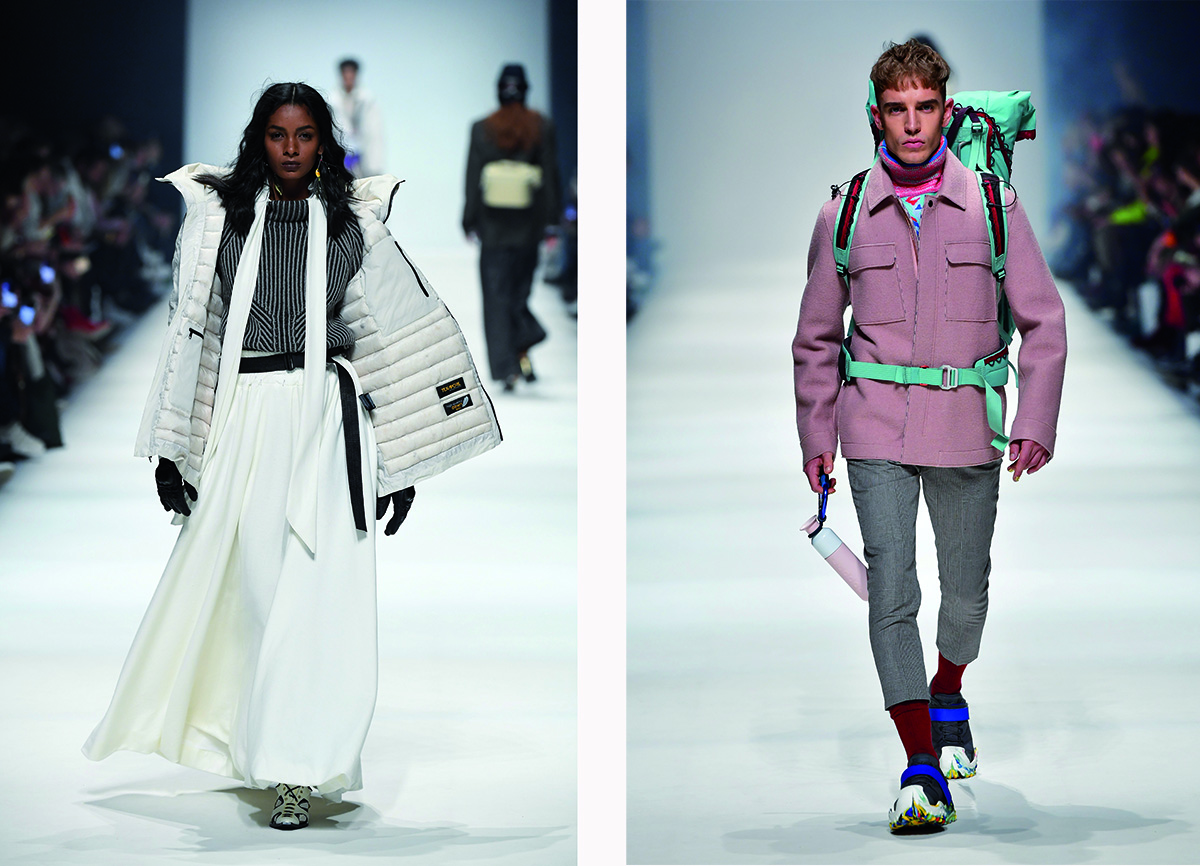
NEONYT Show
Definitely trend-setting and a highlight with maximum radiance has been the NEONYT fashion show since January 2019, which is now being shown in the official Mercedes-Benz Fashion Week show location. With the multi-brand looks of national and international eco brands, stylist and co-founder of Fashion Council Germany Claudia Hofmann has staged series productions that are second to none. The goal? Raise sustainable fashion to an international level. With content-laden styles, she has washed the German magazine elite into the front row three seasons in a row and given sustainable fashion a new image. Mission definitely accomplished.
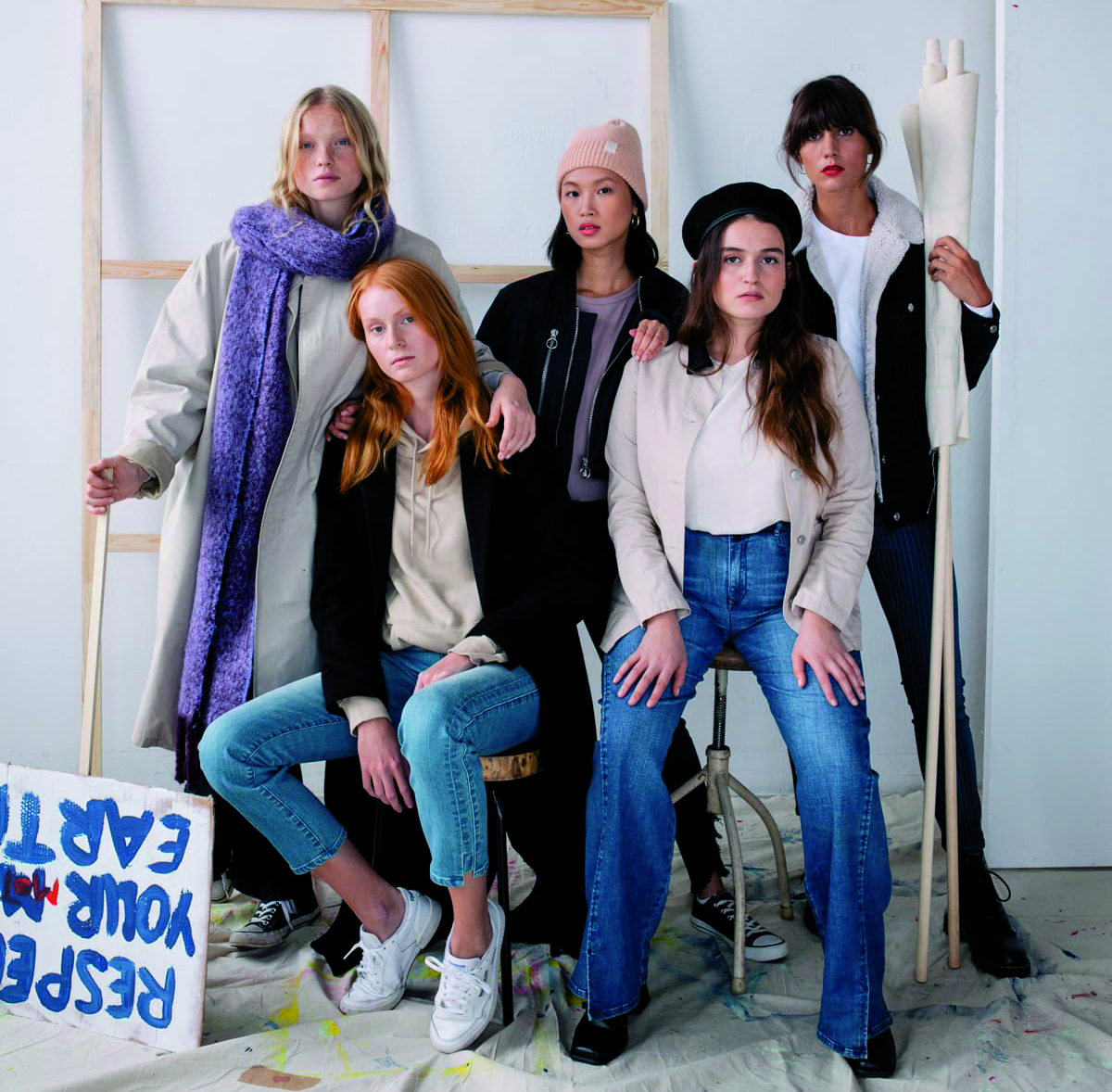
The denim offensive. It´s possible!
A really important topic considering that denim production is the No. 1 polluter in the textile industry. The World Bank estimates that as many as 17 to 20 percent of global water pollution results from dyeing and finishing textiles. Sustainable denim brands such as DAWN Denim, ONE OFF Sue, Mud Jeans, Wunderwerk and Goodsociety show that this does not have to be the case. The visual difference? None. The new denims differ only in the way they are produced. Thousands of liters of water and chemicals are required for conventional denim production and endanger people and nature. Smart detox campaigns by innovative denim brands show that our favorite blue fabric can also be produced with a significantly lower impact on people and nature.
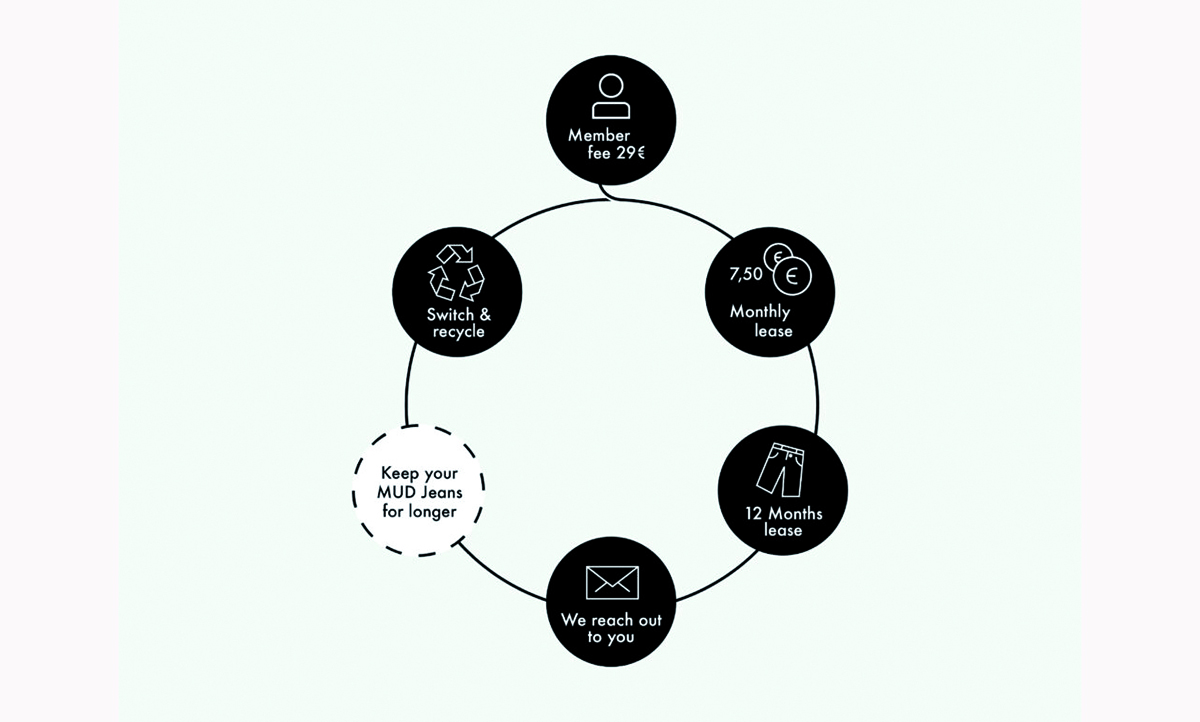
Smart denim alternatives: detox, recycling & co.
Organic cotton (e.g. armedangels, hessnatur), recycled cotton and PET for #lowimpact denim (e.g. DAWN denim), circular approaches such as leasing (e.g. mud jeans), repair and bring-back concepts (e.g. nudie jeans) – the The list of smart alternatives to water and pesticide-intensive cotton can be continued for a long time. GOOD news: New brands and capsule collections are constantly coming onto the market that make the denim industry better with technological innovations (e.g. Dry Ice by DD Garment Solutions) and other sustainable developments.
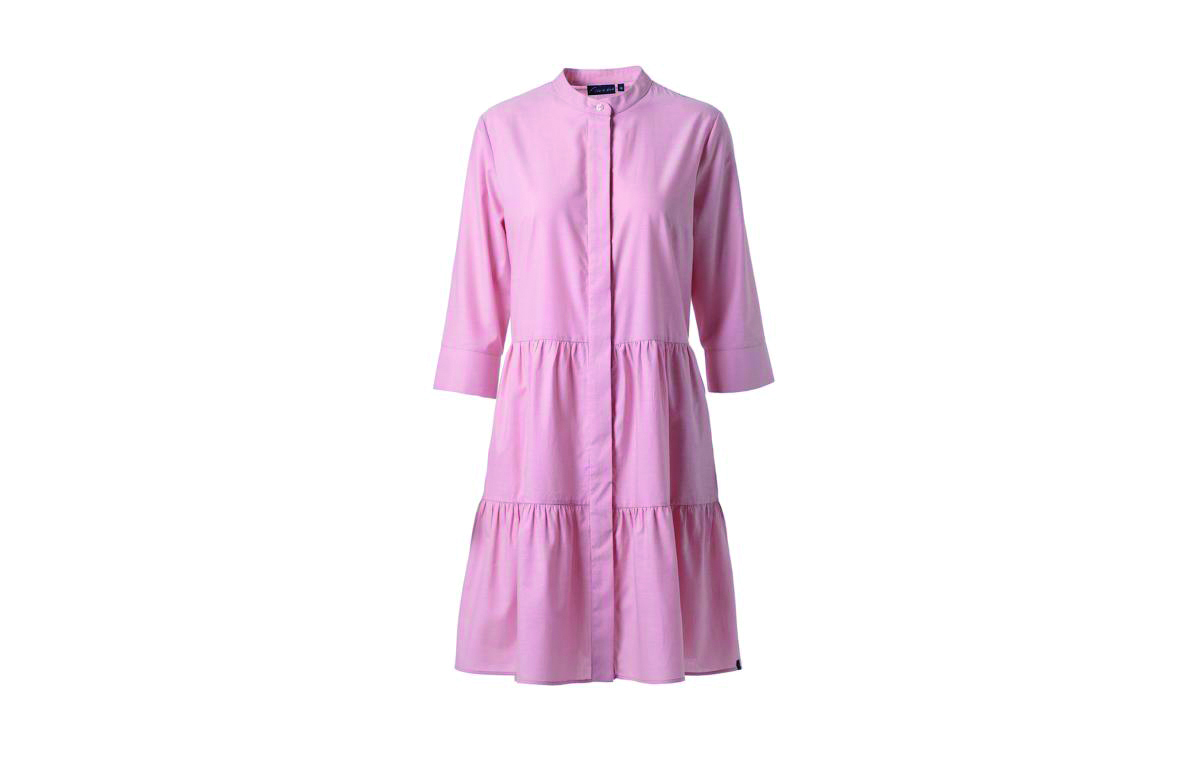
The new new: material innovations, circularity & Co.
A key characteristic of sustainable fashion? The further development. This is not all about “beautiful” and aesthetics. This is about aesthetic alternatives, innovations and approaches that try to further reduce the impact of fashion on people and nature. These include smart methods of saving water, optimizing the dyeing process, avoiding pesticides and chemicals as well as innovative materials that do not waste new resources and of course the further development towards a circular economy with topics such as recycling and upcycling.
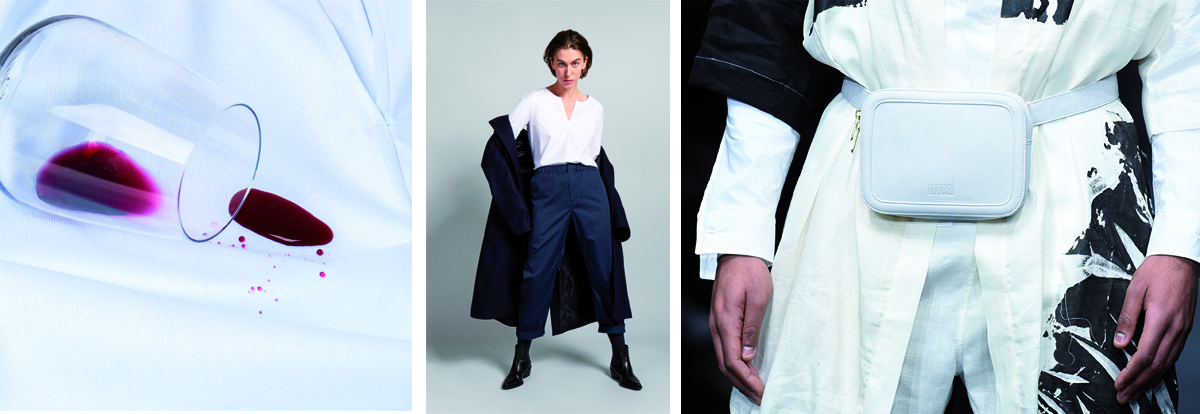
Algae, hay and garbage: innovative materials
Hay, mushrooms, coffee, roses, PET, moss, glass, wood or with the skeleton leaves of a rubber tree are the materials that Sebastian Thies uses for his consistently excellent sneaker label nat-2 from Garching near Munich. The Spanish brand Ecoalf has given its sneakers made of recycled sea plastic (outer material) a sole made of algae. Christina Bussmann has been producing bags made of piñatex (also known as ‘pineapple leather’) for years. Even more new: dresses made from rose viscose, a material that not only feels good against the skin, but is compostable, and shirts made from coffee carbon that are made from waste from the coffee industry (both like a bird).
Apple pomace is much too good for organic waste. Hannes Parth, frumat
Cartina, an exciting material made from recycled paper, e.g. uses the Braunschweig pocket label Humor Noir for its vegan bags and Appleskin, produced from apple pomace, which is produced when apples are pressed and works as a deceptively genuine leather substitute for bags (including Nuuwai). Elsien Gringhuis works with dirt-repellent fabrics that need to be washed less often. Manaomea works with fabric remnants (including AA gold) and uses them to make pencils.
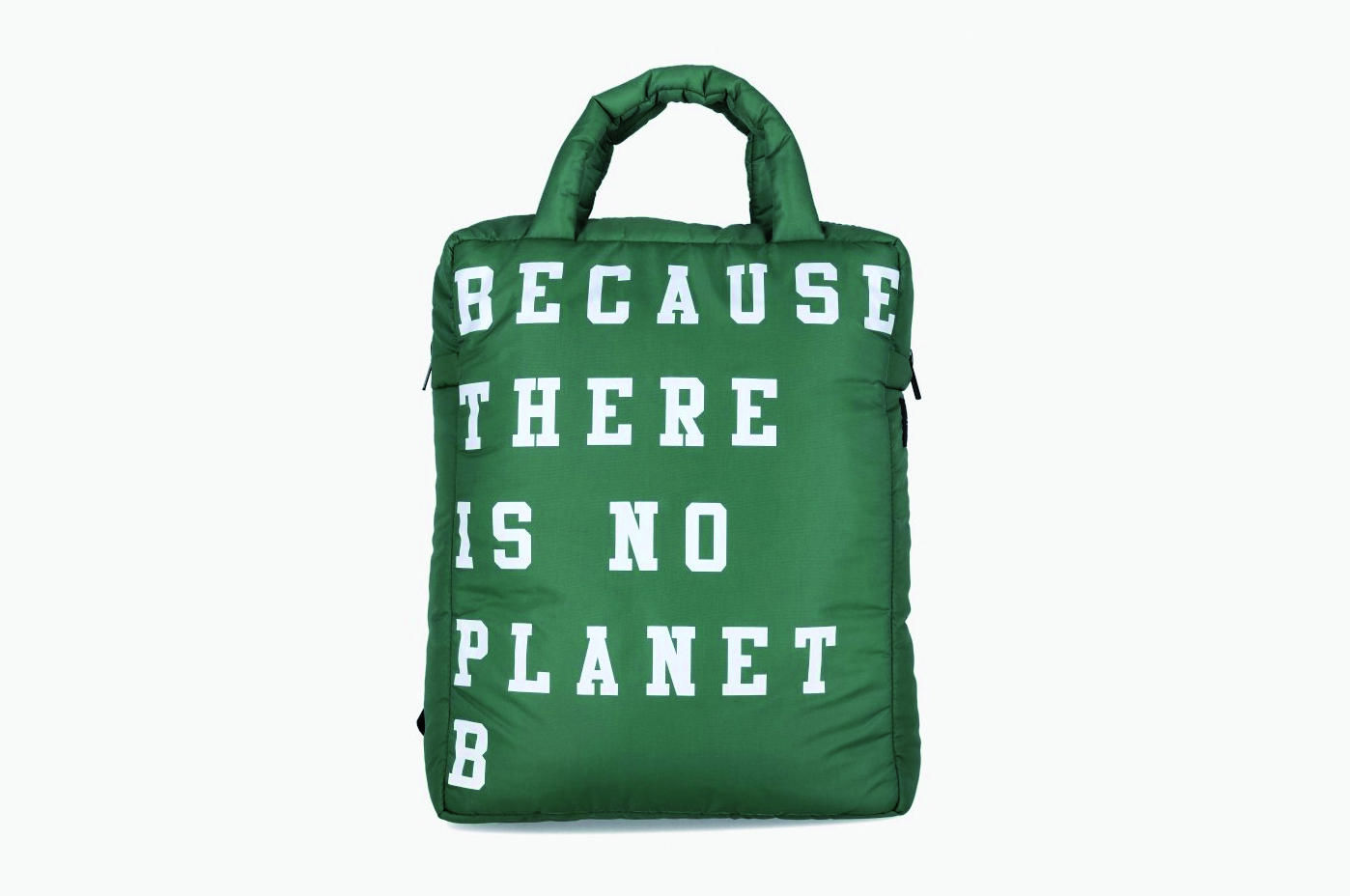
One rubbish, the other textile
The subject of marine litter is no longer new, but is still incredibly important, and has meanwhile found a meaningful use in a wide variety of clothing and accessories. In addition to sneaker and backpack brands, the swimwear segment in particular has discovered these marine finds and made them usable. Brands that take advantage of plastic waste and thus make their contribution to cleaning the oceans include Boochen, Mymarini, Margaret and Hermione.
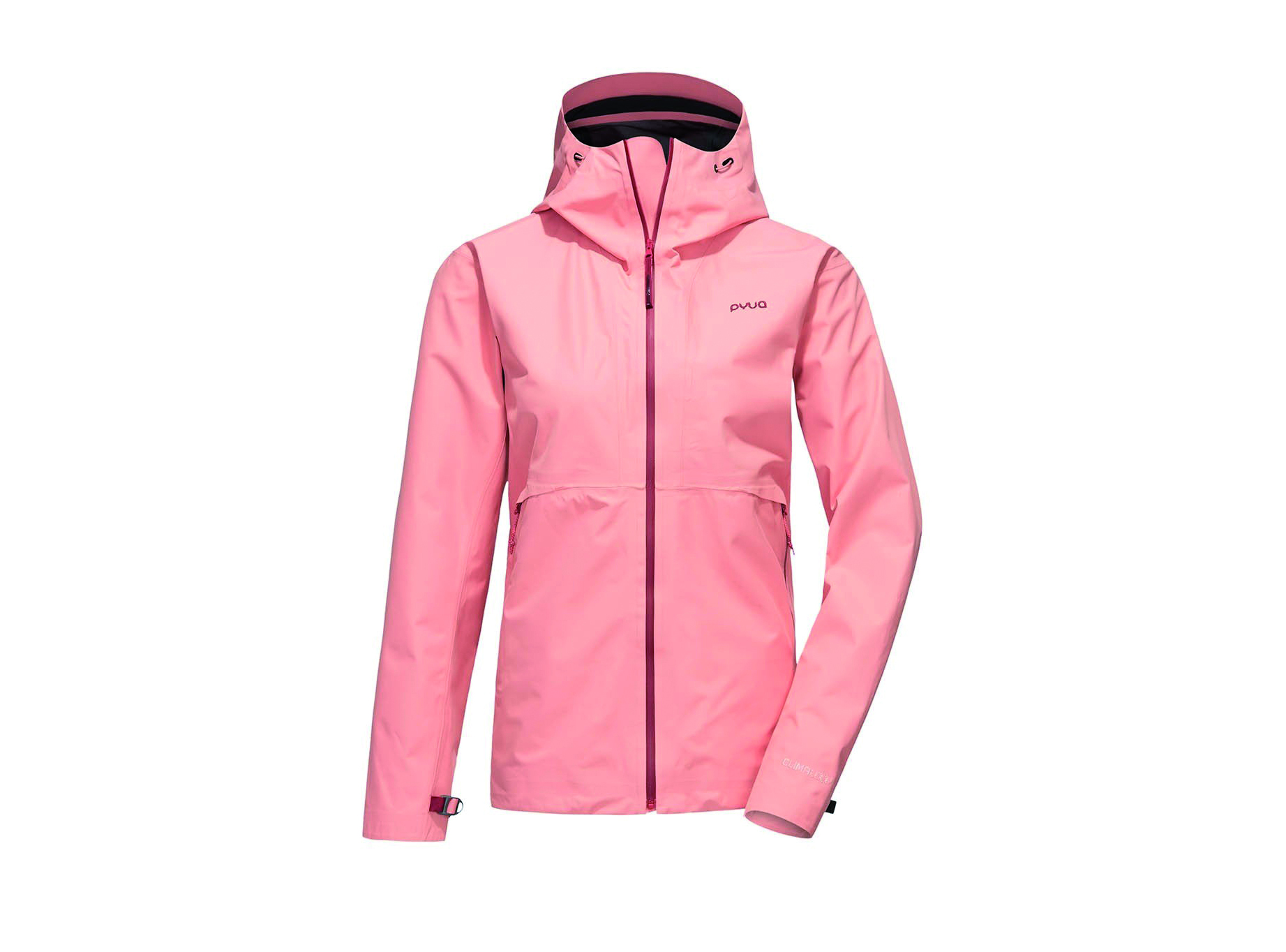
The next big thing: Circularity
Nothing works without circularity. And that’s good. Because in the past 15 years the production volume of the fashion industry has doubled. The individual item of clothing is worn less and less and is disposed of faster. Just one percent of all textiles are recycled. That needs to change. Textiles have to be returned to the system and recycled. The German outdoor label Pyua, for example, only develops high-quality functional clothing made from recycled or recyclable polyester materials that they can use 100 percent in a closed cycle. Mud Jeans takes a similar approach to denim. Thanks to two investors, the Dutch jeans brand, which currently uses 40 percent recycled cotton, will be able to develop completely circular jeans from 100 percent old jeans. Until then, you can continue to lease jeans and thus close the cycle.
Reduce, reuse, recycle.
The Change of Fashion is now – NEONYT’s claim – is more realistic than ever. With innovative concepts and the awareness that any kind of change is not only inevitable, but necessary.
According to the Fashion Waste Index (Labfresh), Germany has secured 10th place among the most textile-polluting countries in Europe. We generate just under five kilograms of textile waste per capita. Only 500 grams can be recycled, and 400 grams can be recycled. The remaining almost three kilograms are burned (1.2 kg) or land in the landfill. (2.7 kg). Means: “Buy less but better!”
YAR
We love fashion like we love the circus, but we’re sick of the ubiquitous fashion circus.” This statement on YAR’s website is what they stand for. YAR – three women of different professions, pursuing a common vision and creating alternatives to fast fashion.
Continue readingRE-BORN Shoes by MASOLINI1949
For four generations, the Italian family business, MASOLINI1949, has been producing shoes. With the second collection RE-BORN shoes, Nicola Masolini not only pays tribute to the negative development in the textile industry by manufacturing shoes from used materials. He also returns to the roots of the company founded in the post-war period.
Continue readingRE-BELLO
RE-BELLO was the first fashion label “Made in Italy” to address concepts such as responsibility and innovation by combining style, high quality design and fashion with respect for environmental issues. Even years after its foundation, the brand continues to show that sustainable + minimalist can be a successful concept.
Continue readingCOA GOA
As mothers and travelers, the two COA GOA founders know what qualities a bag should have to hold all kinds of things for any weather forecast. Discarded sails are used to make bags for every occasion, which are manufactured in Europe.
Continue readingALILA
Barbara Lindner is a cultural manager. Yet, since 2008, her label ALILA (Sanskrit: “surprise”) has been deconstructing Japanese kimono silk with local master tailors to create unique dresses, bags and scarves with history.
The impressive selection of gorgeous kimono fabrics is the result of Barbara Lindner’s years of collecting. Early on, she collected fabrics from all over the world and brought them to Vienna.
„The appreciation of textile traditions and craftsmanship is one aspect of sustainability.”
The idea to create her own brand was triggered by a gift from a friend who was enthusiastic about traditional textile art. The resounding success of her first designs among her friends finally led to the founding of the label, and Barbara began to turn her XL collecting passion and appreciation for traditional textiles into a profession. The worn garments are thus given a brilliant second chance. Where does she get the precious fabrics from? Through personal contacts, which she maintains with Japanese flea markets and second-hand shops.
ALILA – Clothing with character and individual history
The kimono fabrics are not new. ALILA does not regard textile flaws as faults, but as charming features because each piece has a distinctive character and tells an individual story.
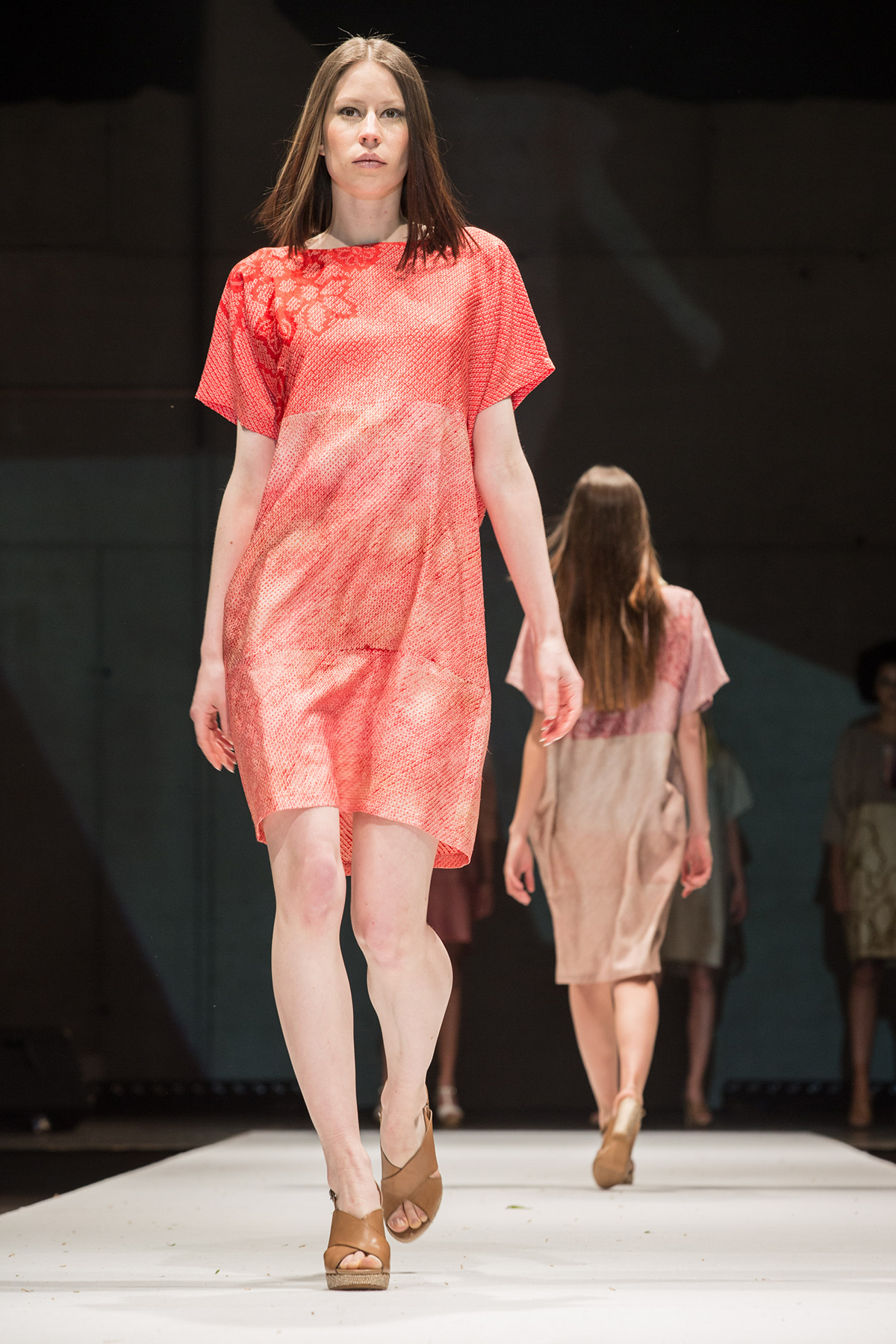
Japanese silk x „Mühlviertler“ organic linen
Because this type of vintage fabric is becoming increasingly rare, the ALILA founder combines traditional Japanese textiles with new fabrics from sustainable or local production. The portfolio includes “Mühlviertler” organic linen, plant-dyed wool from Austria as well as plant-dyed Peacesilk (Ahimsa silk) and hand-woven Indian organic cotton.
“I have stopped justifying my prices when compared to prices of fashion chains.”
The vintage fabrics have come a long way before they land on the sewing table. Production is carried out under socially fair conditions by a small team in Vienna.
More about ALILA. Click here
Anekdot
Conscious Intimates or – in other words: Anekdot, the upcycling brand from Berlin exclusively uses materials from leftovers, overproduction or offcuts for the production of its limited lace bras and panties, simple bikinis and swimsuits. Designed and made in Berlin and Poland.
Continue reading